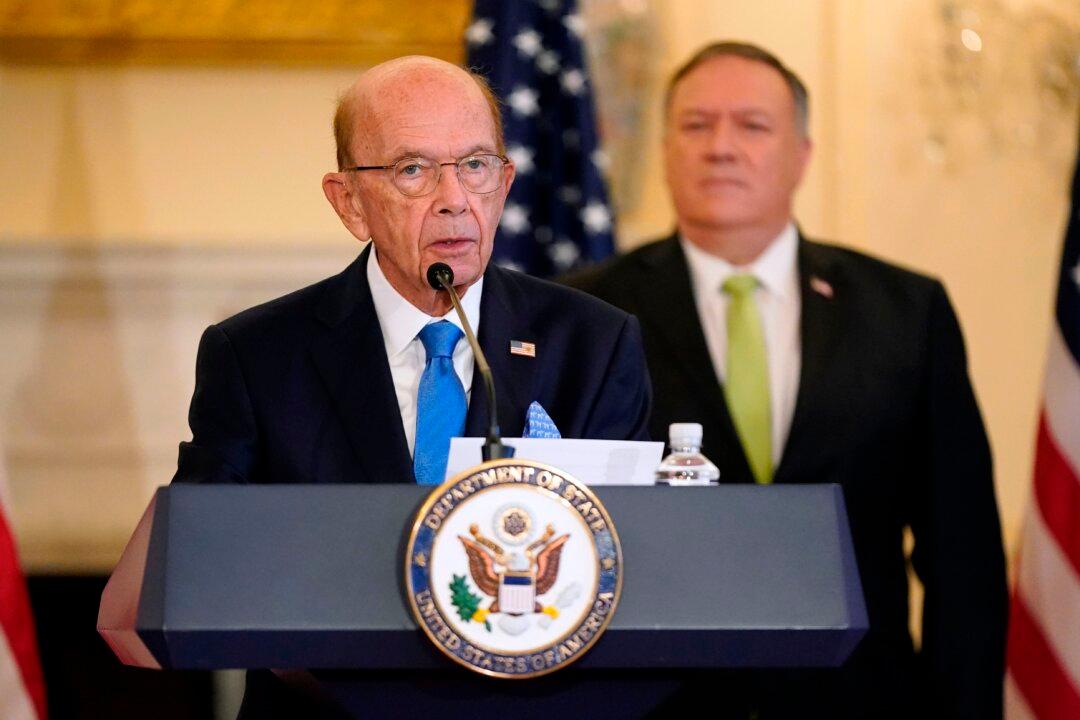The U.S. Commerce Department on Jan. 14 announced new rules to allow the federal government to block American companies from buying information and communications technology from five foreign adversaries, including China.
The new rules were made to implement an executive order (E.O. 13873) that President Donald Trump signed in May 2019 to safeguard U.S. supply chains in information and communications technology and services (ICTS) from being exploited by foreign adversaries, including via industrial espionage.





